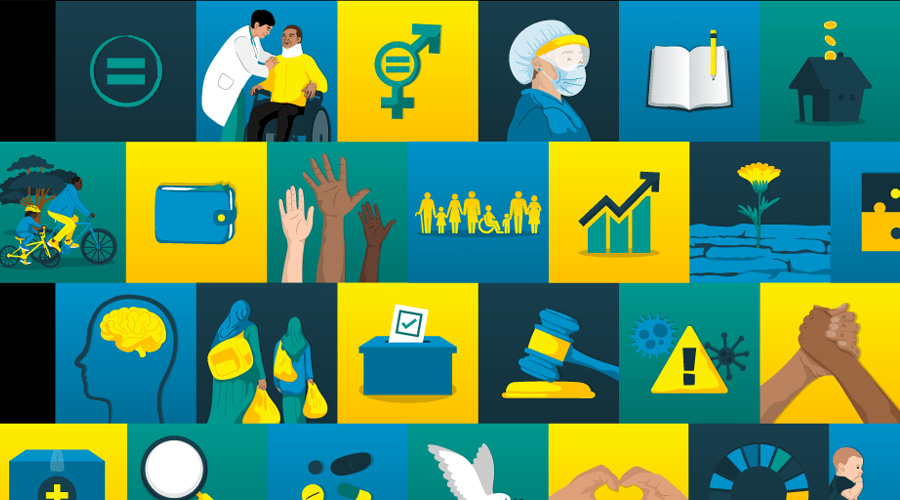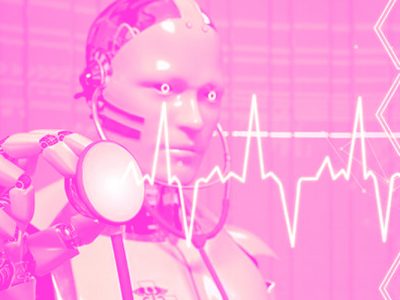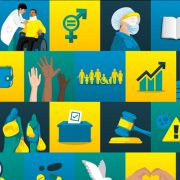
Human-centred AI improving patient experience by 5 times, with multiple factors at play
Human-centred AI refers to the phenomenon of humans in the loop to develop technologies that are empowered with artificial intelligence. AI in healthcare has immense potential to improve almost every loophole in the healthcare industry as suggested by experts. AI-powered healthtech applications are thoroughly developed to assist healthcare providers in their endeavour to cure patients as patient experience counts as the final result of the healthcare operations. Human-centred AI in healthcare is breaking numerous barriers of AI to grow in the healthcare industry with a unanimous agreement of the patient besides the healthcare management.
Decoding Big Data
Easy interpretation of large data sets can be accelerated by collaborating humans and machines. As machines continue to sort data and convert it into unscattered and insightful displays, human minds identify the hidden opportunities and challenges that can potentially harm the patient experience or the healthcare industry. Eventually, like AI in healthcare saves time, humans in the loop aids in making the most from the process. Complex details are intricately examined to divide them into different departments and address the respective heads to consider them.
Progressive Decision-Making
As AI in healthcare continues to be on the positive list of patient experience, to keep it in there, the partnership of AI and human beings has to be there. As AI-powered technologies ease the process of therapies and prescriptions, healthcare providers should simultaneously be engaged in the judicious process of decision-making. After the development of an AI technology, it has to be decided by the healthcare providers where it must be used and on which type of disease can be mitigated with this. Furthermore, they should also identify the shortcomings related to different conditions of the patient. Therefore, patient experience will prove to be convenient by both human factors as well as machine factors.
Scope For Constant Betterment
Integrating useful feedbacks based on patient experiences is a repetitive process that nevertheless includes human empathy and judgment. Human-centred AI can be optimized by the humans in the loop who can better filter the useful feedbacks to leverage the AI-powered system according to that. Furthermore, during the creation of AI-powered software, having a human hand involved will also facilitate the evaluation of the process. With the help of human evaluation, every detail of the respective algorithm and its credibility irrespective of uniform factors can be assessed. However, at any rate, the healthcare professionals are responsible in the eyes of the patients for the systems they export, thus, it should be them who shall be able to engage in the practice of innovating.
Fulfilling Owed Explanation
Advancements occurring each day in the healthtech are highly bothered by the patients as they are the ones who would be subjected to the operations of that. As far as the patient experience is concerned it will be a success only if the patients acquire comprehensive knowledge about the development. AI in healthcare is evolving each day and the science behind the evolution and advancement is could only be simplified to the patients if the healthcare providers are well-aware of the technology both in the making as well as in the performance.
Gaining Patient Trust in Healthtech
Healthtech is growing with the applications of AI, ML, VR, AR, and multiple others. These applications are highly valued for their optimum productivity and accuracy. However, when it comes to health patients often tend to disregard the efficiency of technology or machinery in treating their disease in front of human efficiency. Therefore, in order to gain the trust of patients over AL in healthcare, human-centred AI can help make patients realize the hands behind the technology as well as by whom they are operated. This will be in alignment with their expectations as they believe in humans more than machines. Thus, the involvement of human factors in the process will empower patients to rely peacefully upon.



















